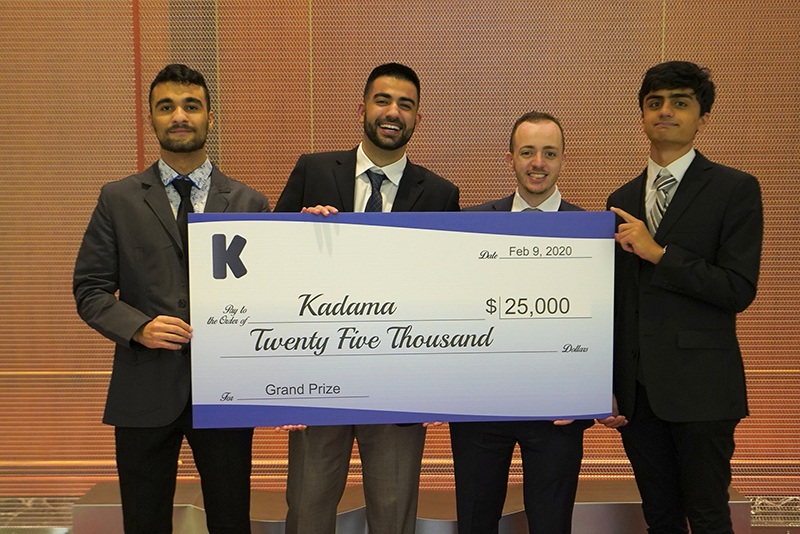

Have you been finding yourself consistently rushing to submit an assignment minutes before the deadline and wondering how you ever let it get to that point? You promise yourself you would not do it again yet suddenly you are stuck in this everlasting loop of procrastination. If you are finding yourself in this situation, you are not alone. Procrastination is something that the vast majority of people face in varying degrees. A study conducted by Dr. Tim Pychyl, professor of psychology and member of the Procrastination Research Group at Carleton University in Ottawa determined that procrastination has little to do with self-control and time management, rather it is associated with the inability to overcome the negative emotions such as boredom, anxiety, etc. that would come as a result of completing the task. An example of this would be putting off finishing your homework because you consider it boring and that is not an emotion you want to feel. The problem is that this short-term avoidance of negative emotions will result in resentment and long-term negative effects to your life. Downloading a scheduling app or writing down a to-do list wont be enough to stop procrastination because most likely you will procrastinate even using them in the first place. First, you must change your mindset to focus on the long-term positive outcomes of completing a task instead of the short-term negative emotions. With this in mind, I will dive into some strategies you can take to stop putting things off and start getting things done.
Take action immediately – no matter how small it is
Just like many other things in life such as getting a vaccine shot, you realize that it isn’t that bad once you started. This same logic can be applied to tasks that you have been putting off. Researcher A. D. Baddeley from the Medical Research Council found that starting a task will significantly reduce the negative emotions associated with it and will actually drive you to want to see it through.
Identify the costs of procrastination
While the reason people procrastinate is because they don’t want to feel the negative emotions associated with it, what ends up happening is they feel much worse in the long-term. Whenever you get a task, think about how you feel when doing it then compare that to how you would feel if you were to procrastinate. In most cases, you will find that the cost of procrastination drastically outweighs the cost of doing the task. A good strategy would be to write these comparisons down and rationalize instead of thinking about the short-term.
Cut out any distractions
For those who procrastinate frequently, the action of delaying tasks has become subconscious with the mind entering autopilot without you even realizing. If you had to clean your room for instance, your mind will automatically realize that you feel bored when cleaning and will present you with alternatives such as watching Netflix or playing videogames. Therefore its critical to not give yourself the option to distract yourself from the task at hand. If you are on your phone and have an important deadline coming up, turn on airplane mode or you can use special applications that lock other apps on your phone that you frequently use. Without distractions in sight, it will be much easier for you to focus.






